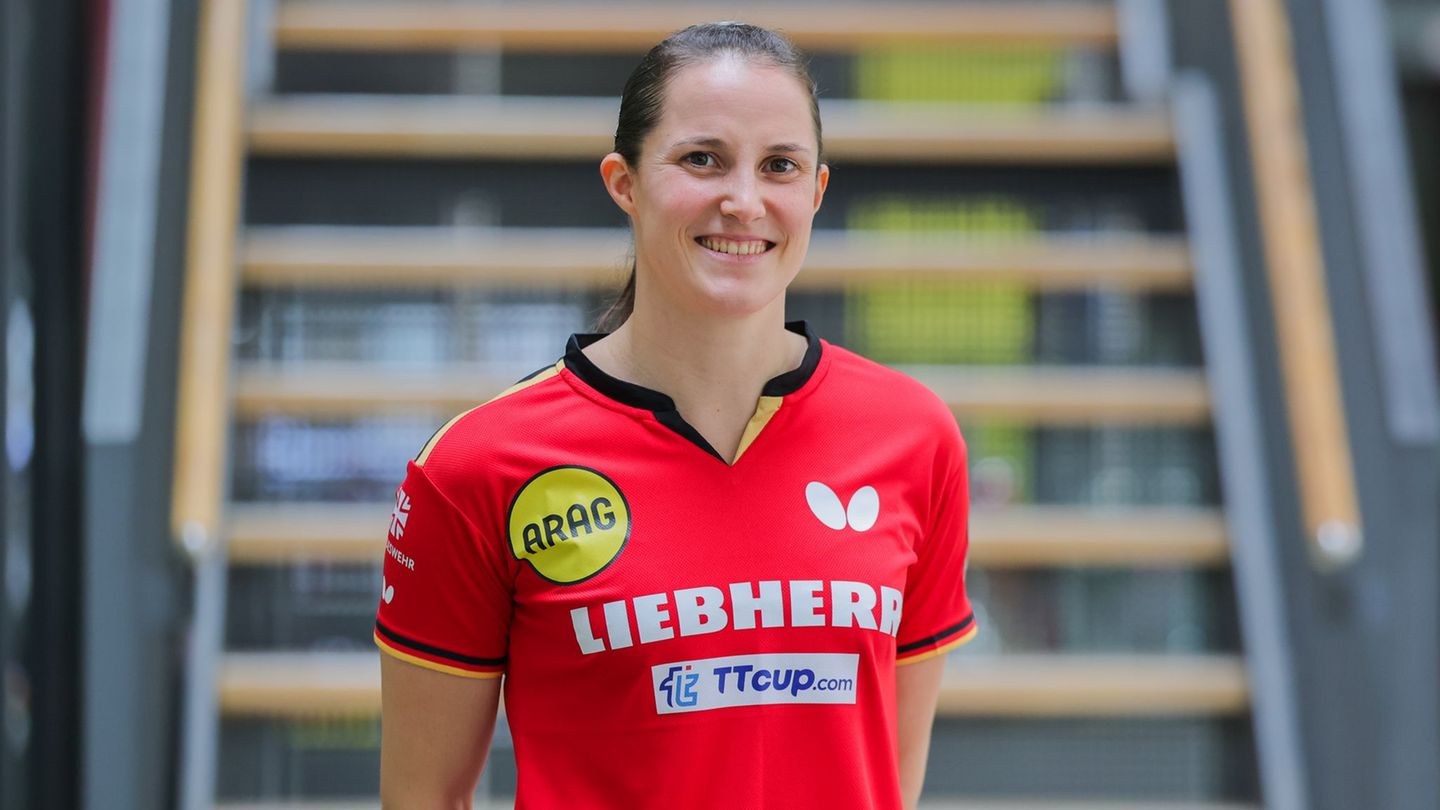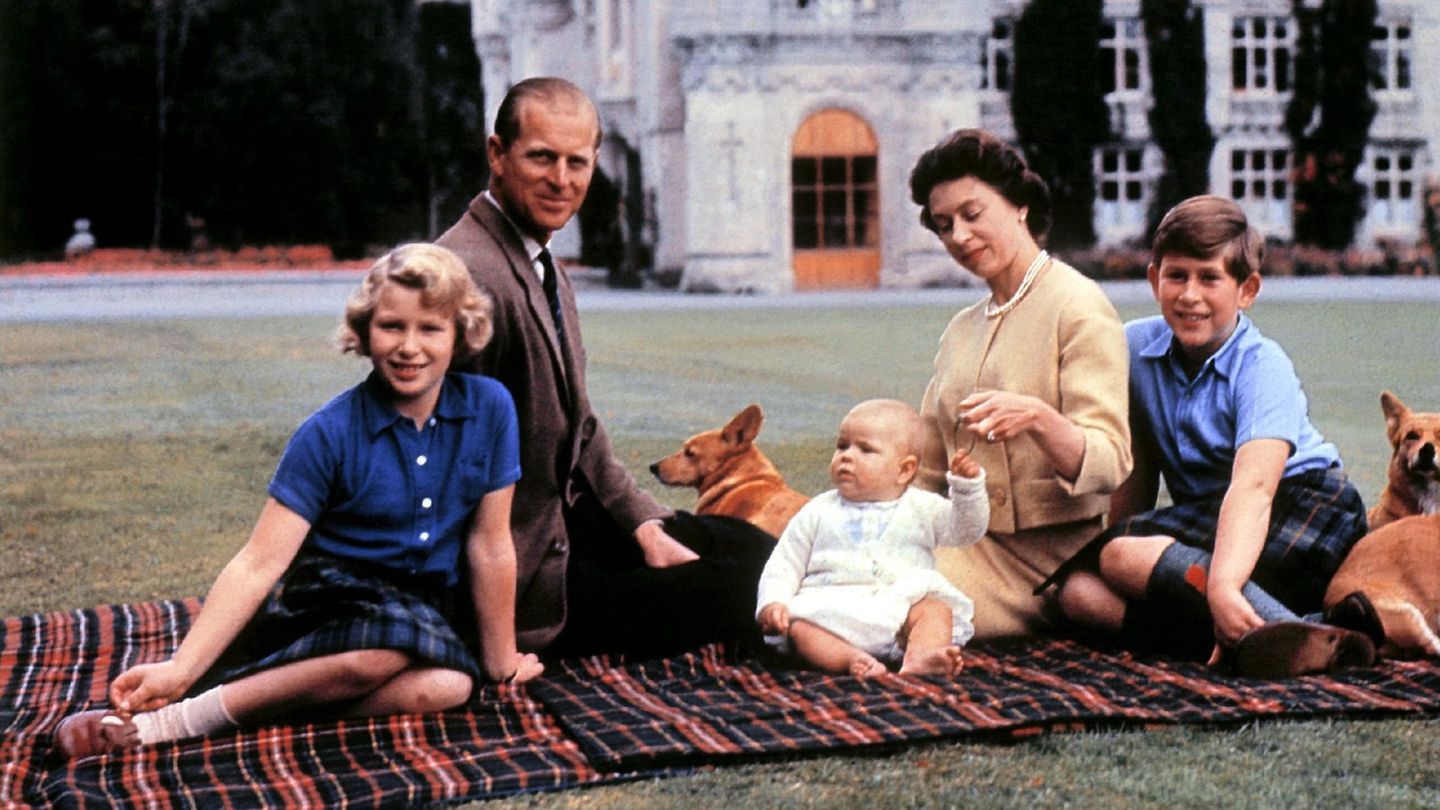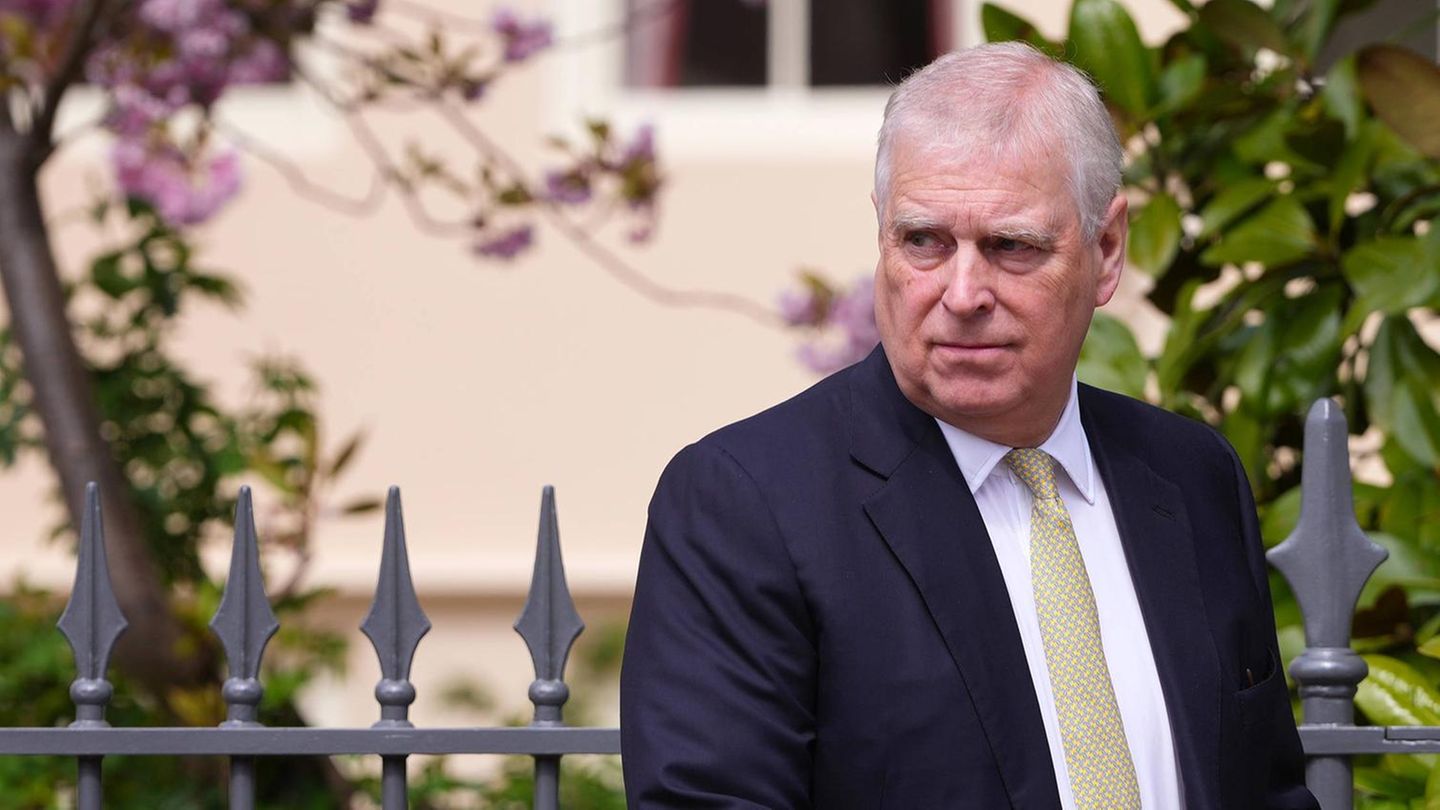Image: APA/HANS PUNZ
Because of the high inflation and the uncertain economic situation, the Metaller-KV negotiations are under “particularly difficult circumstances” this year, according to the employers’ side today. “We can only distribute what we earn,” said the chairman of the metalworking industry in the Chamber of Commerce, Christian Knill. “Our task is not to guarantee purchasing power in Austria.”
The starting signal for the negotiations in the metal technology industry is September 25th. Traditionally, annual inflation over the past twelve months is used as a benchmark. The average inflation rate for the period September 2022 to August 2023 was 9.6 percent. In addition to inflation, the union usually haggles over productivity gains to be passed on to workers.
Employer representative Knill dampened expectations even before negotiations began. Like many sectors of the economy, the metal technology industry is also struggling with rising costs for materials, personnel and energy. In the first half of 2023, the industry achieved a production value of 24.8 billion euros, which corresponds to a price-adjusted decrease of 5.5 percent compared to the previous year. Incoming orders fell by 18 percent in the same period. A drop in production of around 6 percent is expected for the year as a whole. In addition, almost every third company expects a negative result (EBIT). That is why the employer negotiator did not want to promise compensation for inflation.
“There is little room for maneuver in this year’s wage negotiations, we have to find new solutions. The current formulas have no future given the high inflation,” said the employer representative. However, Knill was reluctant to make specific suggestions, as he did not want to anticipate the negotiations with the union. In any case, the top priority must remain job security. Around 137,000 people are employed in the metalworking industry.
more from economy




